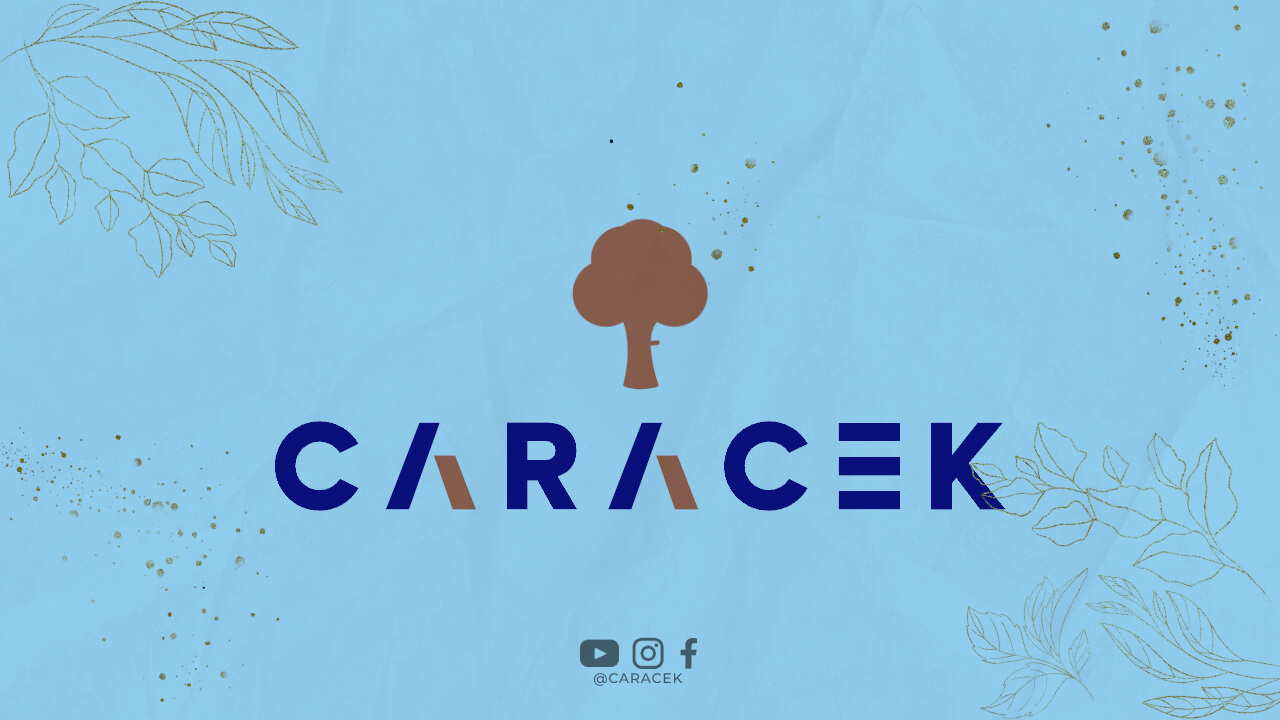Introduction
Pubic hair growth is a natural process that occurs in both males and females during puberty. However, in this article, we will focus on the growth of pubic hair in women. Understanding the timeline and factors that influence the growth of female pubic hair is essential for every woman’s health and self-awareness.
Puberty and Hormonal Changes
Puberty is a significant phase in a girl’s life when her body undergoes various changes, including the growth of pubic hair. On average, girls begin puberty between the ages of 8 and 13. The onset of puberty is triggered by hormonal changes, particularly an increase in sex hormones like estrogen and progesterone.
The Start of Pubic Hair Growth
Pubic hair growth typically starts shortly after the onset of puberty. It is one of the first visible signs of sexual development in girls. However, the exact timing can vary from person to person. Some girls may notice the growth of fine, thin hairs around their genital area as early as 8 years old, while others may not experience significant growth until they are 14 or older.
The Growth Pattern
Initially, pubic hair growth may be sparse and limited to a small area near the genitals. Over time, it gradually becomes thicker, coarser, and spreads to cover a larger area, including the mons pubis, labia majora, and even the inner thighs. The color and texture of pubic hair can also vary among individuals.
Influence of Genetics
Genetics play a crucial role in determining the growth patterns and characteristics of pubic hair. The timing and extent of pubic hair growth can be influenced by family traits. Therefore, if your mother or older female relatives experienced an early or late onset of pubic hair growth, it is likely that you will have a similar pattern.
Physical and Emotional Changes
Pubic hair growth is not only a physical change but also an emotional one. It signifies the transition from childhood to adolescence and may affect a girl’s body image and self-esteem. It is essential to provide support and open communication to young girls experiencing these changes.
Hygiene and Care
As pubic hair grows, proper hygiene becomes crucial. It is important to wash the pubic area gently with mild soap and warm water regularly. Trimming or shaving can be a personal preference, but it should be done carefully and with the proper tools to avoid irritation or injury.
Personal Style and Grooming
Every woman has the freedom to choose her personal style and grooming preferences when it comes to pubic hair. Some may prefer to leave it natural, while others may opt for partial or full removal. It is essential to prioritize comfort, hygiene, and safety when deciding on grooming practices.
Conclusion
Pubic hair growth in women is a normal part of puberty and sexual development. The timing and extent of growth can vary among individuals due to factors such as genetics and hormonal changes. Understanding these changes and maintaining proper hygiene are important for every woman’s well-being and self-confidence.

